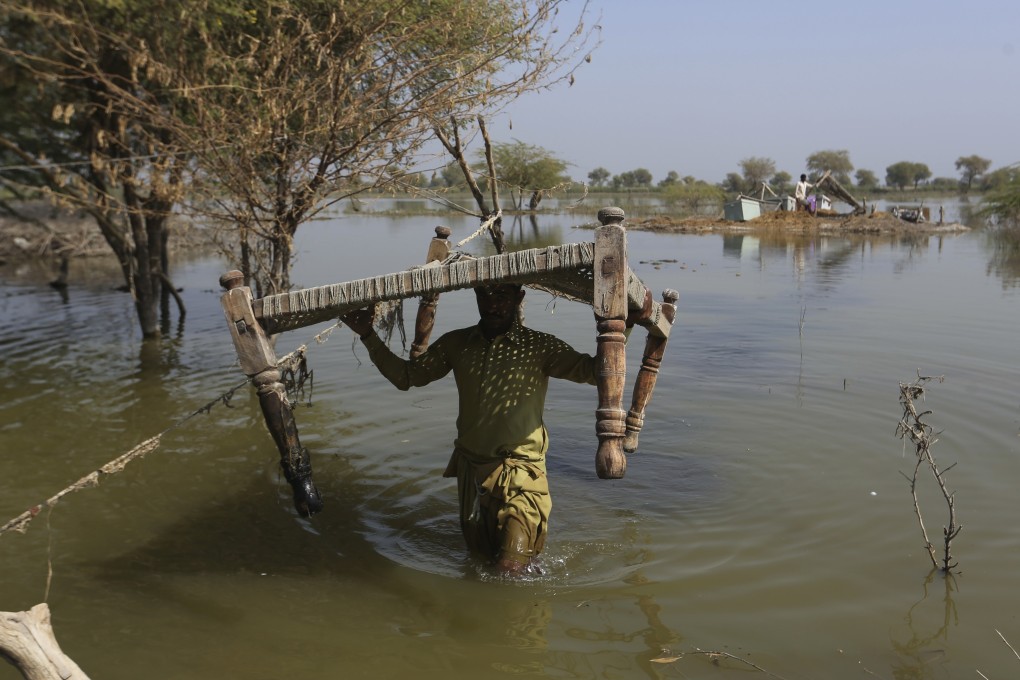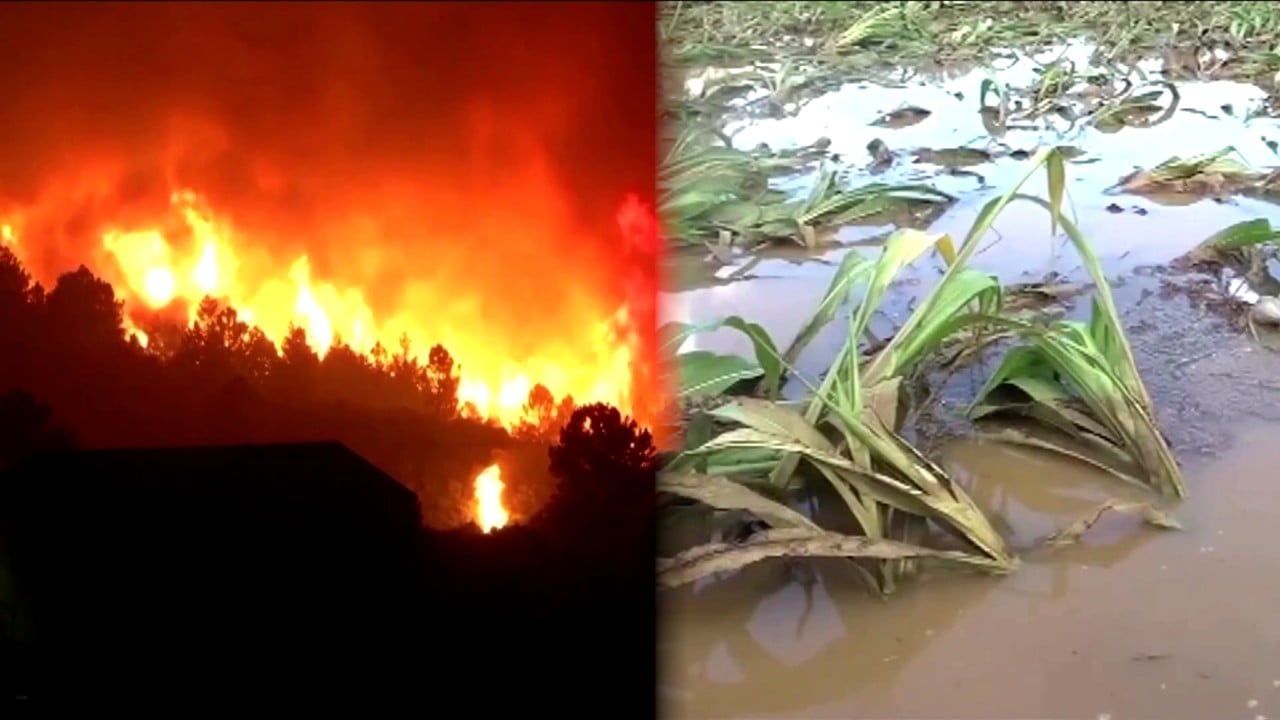Advertisement
Opinion | Climate change: rich world’s inaction is dooming us all to be boiled frogs
- At a time when environmental, economic and political disasters are plaguing the planet, global leaders all seem either distracted or totally absent
- Rich countries have a moral duty to take the risk of funding and leading global climate action and addressing social inequities
Reading Time:3 minutes
Why you can trust SCMP
4

How do we cope with a seemingly unending series of polycrises facing the world? This summer was the hottest recorded, with regular reports of floods and natural disasters. The artificial intelligence revolution is disrupting jobs and business. The fog of war in Ukraine is so bad that it appears no one knows who is winning or losing, except that thousands are dying or being maimed by the day. Debt is reaching distressing levels, even as interest rates remain high.
Geopolitically, UN Secretary General Antonio Guterres is calling the world “unhinged” because nothing was agreed at the last UN Security Council meeting, when US President Joe Biden was the sole leader present out of the five permanent members. No one seems to be in charge of global security.
In almost all areas needing global cooperation, such as dealing with recession, food security and AI regulation, trust and action are lacking. So far, only 12 per cent of the 17 UN Sustainable Development Goals (SDG) for 2030 have been met.
This feeling of dystopia means that few can trust any leader to guide us out of the looming apocalypse. The issues are so multidimensional that no single solution is adequate. Global warming is complex, and climate change is simultaneously altering humanity and the planet. There is no silver bullet because it involves human behavioural change that is hard-wired to excessive consumption that increases carbon emissions and ecological destruction.
Even as scientists were warning about the physical dimension of climate change, economists were sanguine because they thought the solution was through the state imposing carbon taxes or through trading carbon credits so the market would solve the problem. Since businesses control politics, many governments have refused to impose carbon taxes. Without governments to impose the right regulations, carbon markets are in disarray and could be seen as outright scams.
What are we to do? The state or the market are top-down solutions, whereas throughout history, mass change has often been bottom-up through diverse societies and communities finding their own way out of natural or human challenges, sometimes through revolution.
Advertisement

